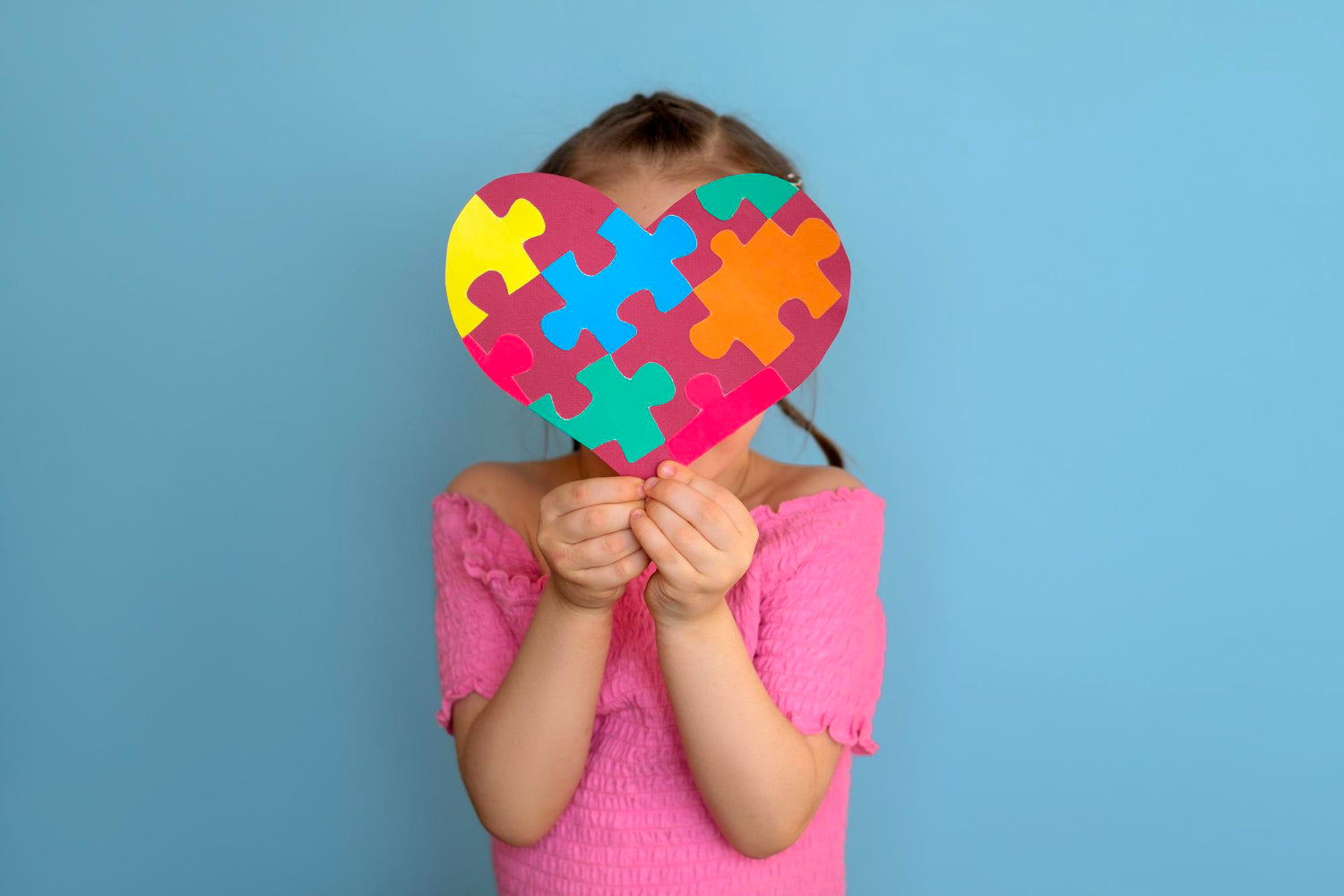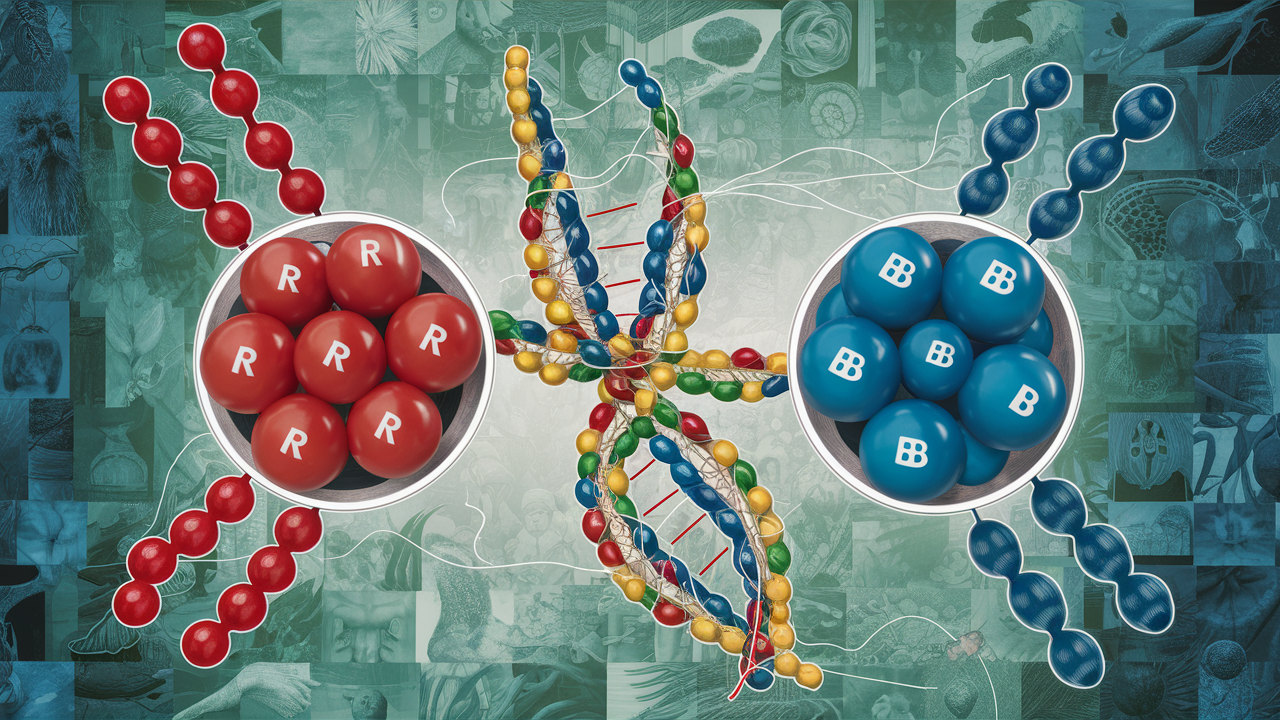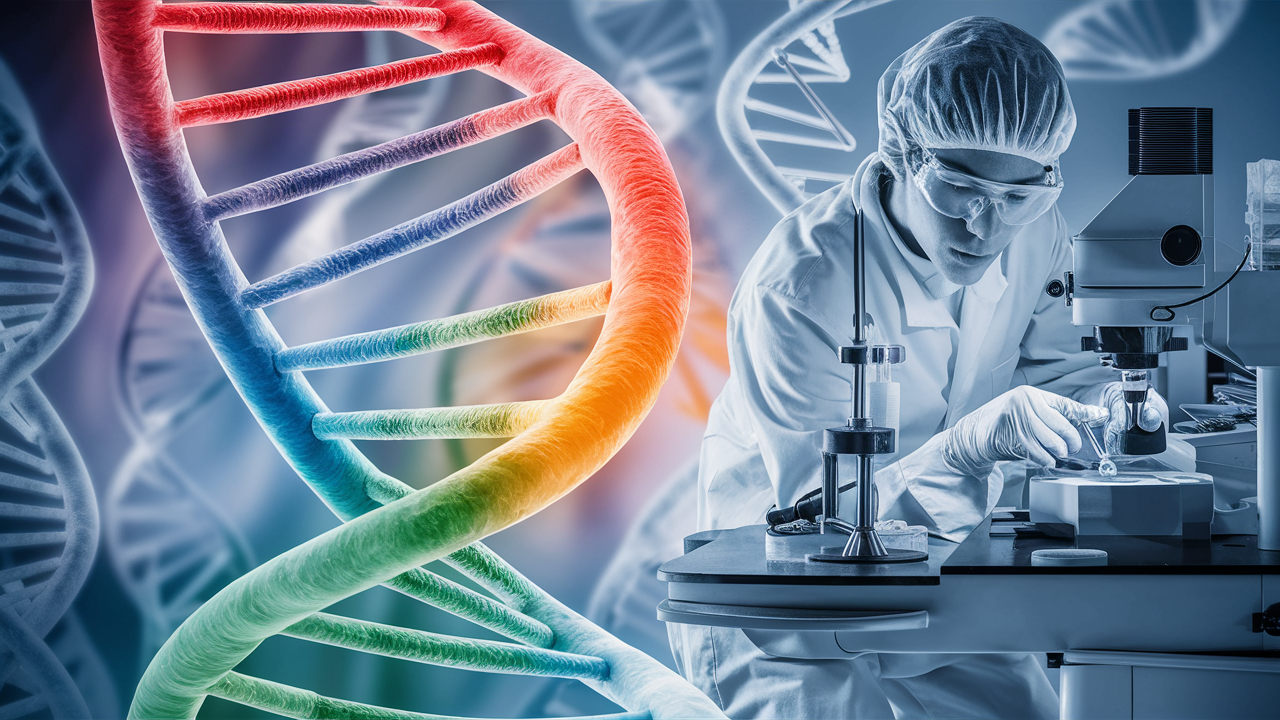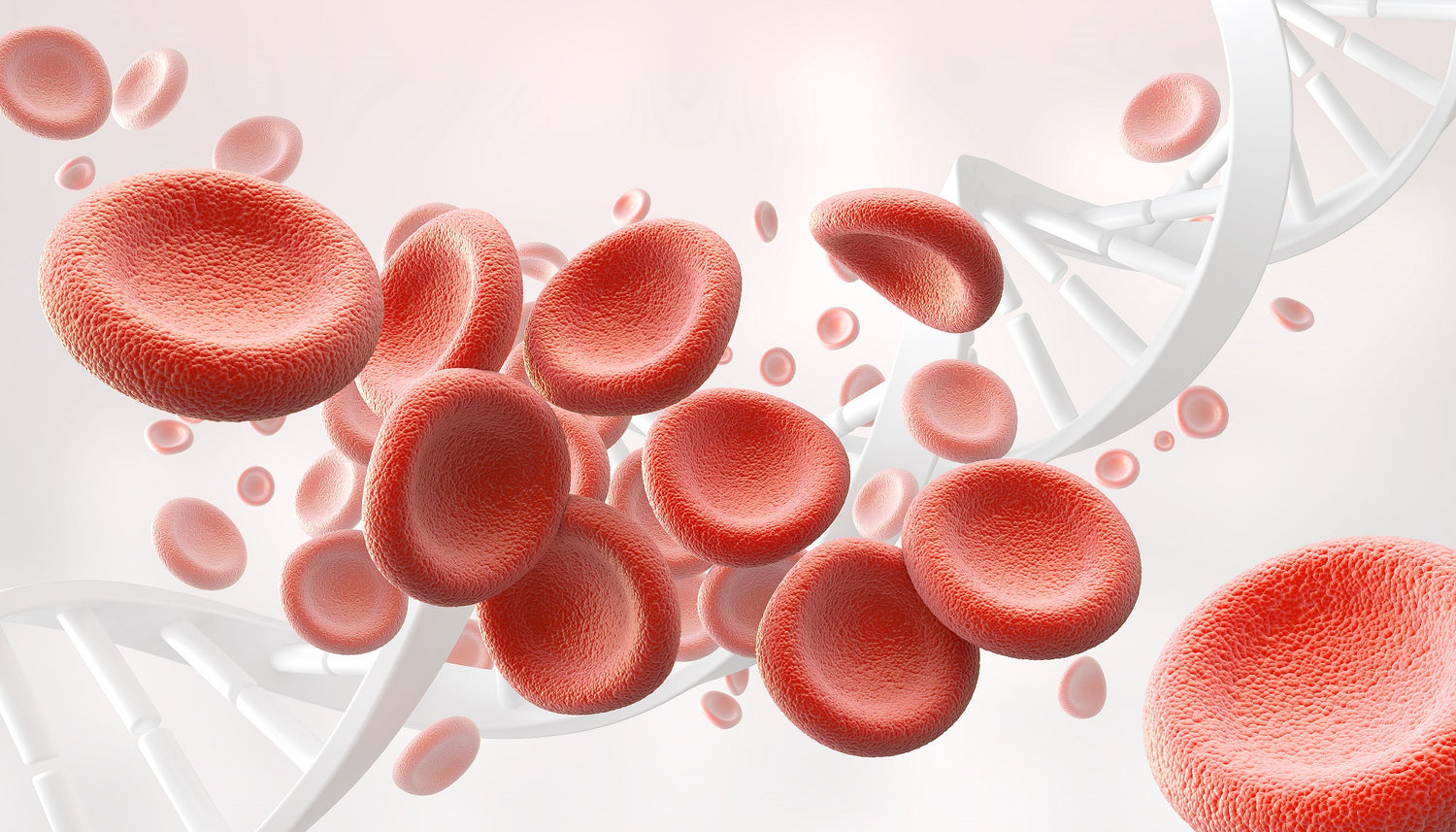April marks a month of profound significance - World Autism Awareness month. It's a month dedicated to fostering understanding, acceptance, and inclusion for individuals on the autism spectrum. As we come together to celebrate this global observance, let's embark on a journey of enlightenment and advocacy, embracing the beauty of neurodiversity and championing the rights of individuals with autism.
Understanding Autism:
Autism spectrum disorder (ASD) is a complex neurodevelopmental condition characterized by differences in social interaction, communication, and behavior. No two individuals with autism are exactly alike, as the spectrum encompasses a broad range of abilities and challenges. It's essential to recognize that autism is not a limitation but rather a unique way of experiencing the world. In addition, some individuals with ASD may also present with other health challenges requiring multidisciplinary healthcare.
Prevalence of Autism spectrum disorder
Autism spectrum disorder (ASD) is a global concern, affecting individuals of all backgrounds and cultures. According to the World Health Organization (WHO), the prevalence of autism worldwide is estimated to be around 1 in 160 children. However, this figure varies significantly across different regions and populations due to differences in diagnostic criteria, awareness, and access to healthcare services.
In India, autism prevalence data is still emerging, but studies suggest a prevalence rate comparable to global estimates. The Indian Council of Medical Research (ICMR) estimates the prevalence of autism in India to be around 1 in 500 children, although some studies suggest higher rates in certain regions. It's important to note that autism awareness and diagnosis in India are still evolving, and there may be significant underdiagnosis and underreporting in rural and underserved areas.
Exploring Genetic Testing Options:
Several genetic testing options are available to individuals and families seeking to understand autism better. From chromosomal microarray analysis (CMA), Fragile X testing to whole exome sequencing (WES), these tests can uncover genetic variations associated with autism and related neurodevelopmental conditions. Genetic counselors play a pivotal role in guiding families through the testing process, interpreting results, and providing compassionate support every step of the way.
Adults with neurodivergence:Navigating adulthood with autism spectrum disorder (ASD) brings both challenges and opportunities. Here's a simplified breakdown of how it affects jobs, social relationships, and society's accommodations:
Jobs:
- Adults with ASD have skills to offer the workforce, but finding and keeping jobs can be tough due to social, sensory, and organizational issues.
- Some excel in fields like computer programming or art, while others benefit from tailored job programs.
- Employers can help by offering flexible schedules, clear communication, and understanding environments.
Social Relationships:
- Understanding social cues and norms can be tough for adults with ASD.
- Training, therapy, and support groups help with social skills and forming meaningful connections.
- Friends and family play a crucial role by being patient, empathetic, and inclusive.
Society's Support:
- Society can create more inclusive spaces with sensory-friendly environments and accessible resources.
- Legal protections ensure equal opportunities in education, housing, and healthcare.
- Advocacy fights stigma and promotes understanding, making life better for those with ASD.
Lights, Camera, Acceptance: Celebrating World Autism Awareness month in Hollywood
As we mark World Autism Awareness month, let's embark on a journey through the lens of cinema, exploring how actors and characters have brought autism into the limelight with authenticity and empathy.
Lights, Camera, Acceptance: Celebrating World Autism Awareness month in Hollywood" - Benedict Cumberbatch in "The Imitation Game" and Claire Danes in "Temple Grandin" portray autism with authenticity. "Atypical" offers a nuanced portrayal of autism through Sam Gardner's character. These representations promote understanding and acceptance of neurodiversity in mainstream media.
Celebrating Neurodiversity:
Neurodiversity is the recognition that each individual's brain functions differently, and diversity in neurological characteristics is a natural part of the human experience. Rather than viewing autism as a disorder to be cured, let's celebrate it as a valuable aspect of human diversity. Embracing neurodiversity means embracing the richness of human experience in all its forms, from different ways of thinking and communicating to unique talents and perspectives.
Conclusion:
As we commemorate World Autism Awareness month, let's reaffirm our commitment to embracing neurodiversity and creating a more inclusive and compassionate world for individuals with autism. Through education, advocacy, and empathy, we can break down barriers, promote acceptance, and celebrate the unique contributions of every individual, regardless of their neurology. Together, let's spread awareness, foster understanding, and build a future where everyone belongs.







